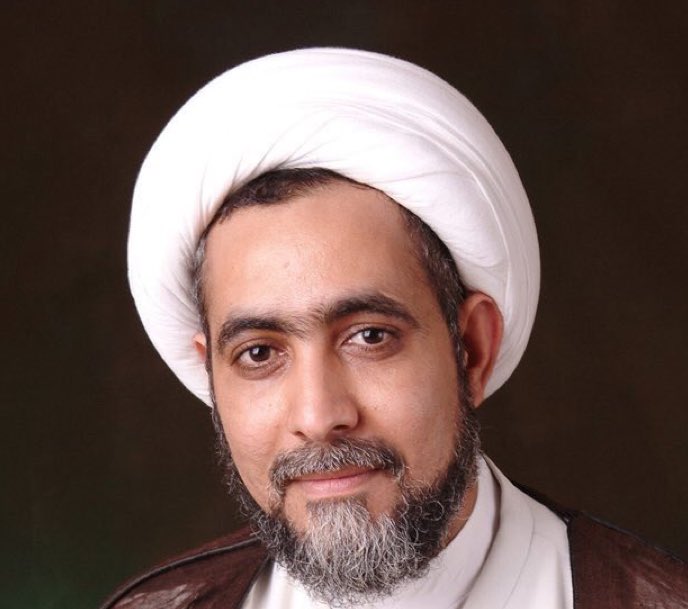
On August 25, 2019, the Specialized Criminal Court in Riyadh issued a new preliminary ruling against the cleric, Sheikh Mohammed Hassan al-Habib, in a second trial, sentencing him to five years’ imprisonment and preventing him from traveling abroad for a similar period. This second sentence willtake effectat the conclusion of the first seven-year sentence.
The new verdict was based on several charges: “giving sermons, traveling abroad knowing that he was forbidden to do so and had an appointment with the court, and supporting one of the terrorists who received the death sentence, describing him as a martyr,” the latter in reference to Sheikh Nimr al-Nimr, who was executed by the Saudi government in January 2016.
The ESOHR believes that the new ruling, which places Sheikh al-Habib in prison for 12 years, confirms Saudi Arabia’s insistence on a policy of abuse of human rights advocates and its continued effort to block voices that raise opinions that differ with the official government line. Sincethe verdict is a ta’zir penalty [discretionary penalty under Islamic law], and not subject to specific laws,it was based primarily on the opinion and view of the judge, who is not independent. Judges in the Specialized Criminal Court rely on an extreme and strict approach to cases and sentencing. As the ESOHR noted in its report, this approach“is not the work of Muslims,” but an extreme approach used by Saudi judges to justify the death penalty and suppress dissent.
The verdicts handed down against Sheikh al-Habib demonstrate Saudi Arabia’s determination to disregard international opinion and legal criticisms of its practices. International law and Shariah expert, Professor Mohammad Fadil, says that the sentence issued against Sheikh Mohammad Hassan al-Habib fails to respect that principles of international law and Shariah. The international expert issued his opinion after reviewing the sentences handed down by the Specialized Criminal Court for terrorism, at the request of the American Bar Association, which was working to monitor human rights cases in Saudi Arabia. Professor Fadil made a legal analysis of the sentences and urged the government to abide by its commitments.
Professor Fadil’s legal analysis showed that the procedural history of Sheikh al-Habib’s trial involved numerous violations. Fadil explained that while the prosecution considered Habib’s speeches to be sedition and incitement, his review confirmed that they called for national unity, rejected sectarian strife, and emphasized the importance of confronting terrorism.
Professor Fadil, an adjunct professor at theUniversity of TorontoFaculty of Law, noted that after the preliminary acquittal, and despite the lack of new evidence, al-Habib was convicted on appeal in the first trial and sentenced to seven years in prison. The international expert requesteda meeting with Saudi judicial authorities but received no response.
The international expert called on the Court of Appeals to overturn its ruling and proclaim Sheikh al-Habib’s innocence on two grounds: first, the violation of the defendant’s right to a fair trial, and, second, his conviction was for behavior protected and guaranteed under international law and Shariah, thus he cannot be subject to a legitimate criminal penalty.
Al-Habib was arrested in July 2016, and faced an array of charges, including calling for sedition and sectarianism, based on parts of several sermons in which he called on the government to take decisive action regarding the culture of hatred and sectarianism and to make amends for those who differ from the official doctrine of the state in the educational curriculum. In his sermons, al-Habib also criticized the positions of government clerics towards religious diversity in the country.
The ESOHR affirms that the sentences handed down against Sheikh al-Habib are retaliatory judgments on the basis of his positions in defense of human rights. The organization also condemns these sentences, which were issued despite the lack of a fair trial, as he was denied access to a lawyer until the beginning of his trial and held in solitary confinement for four months and subjected to ill-treatment.
Justice requires the release of Sheikh al-Habib, the overturning of unfair judgments, and holding accountable those responsible for the violations against him. The ESOHR stresses the importance of finding a variety of mechanisms that commit Saudi Arabia to its international obligations and ensuring that its repressive policies and violations against human rights advocates, activists, and opinion leaders are stopped.
